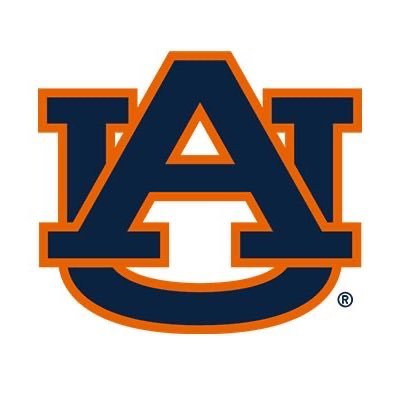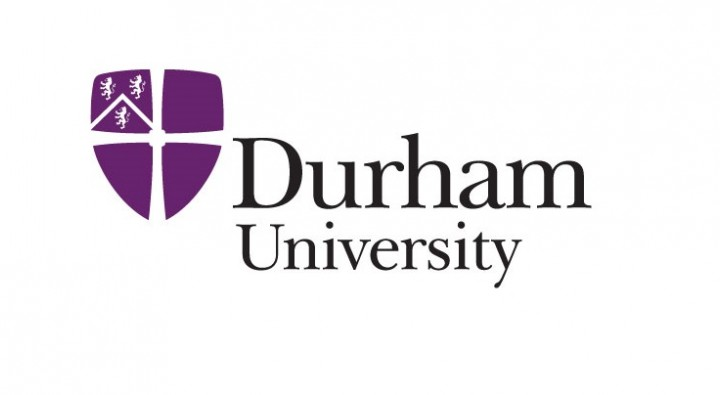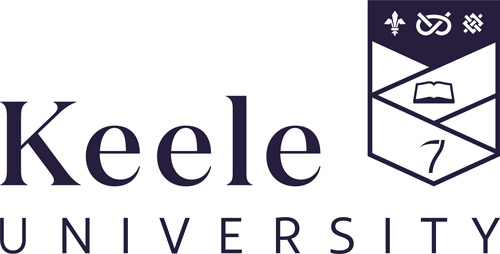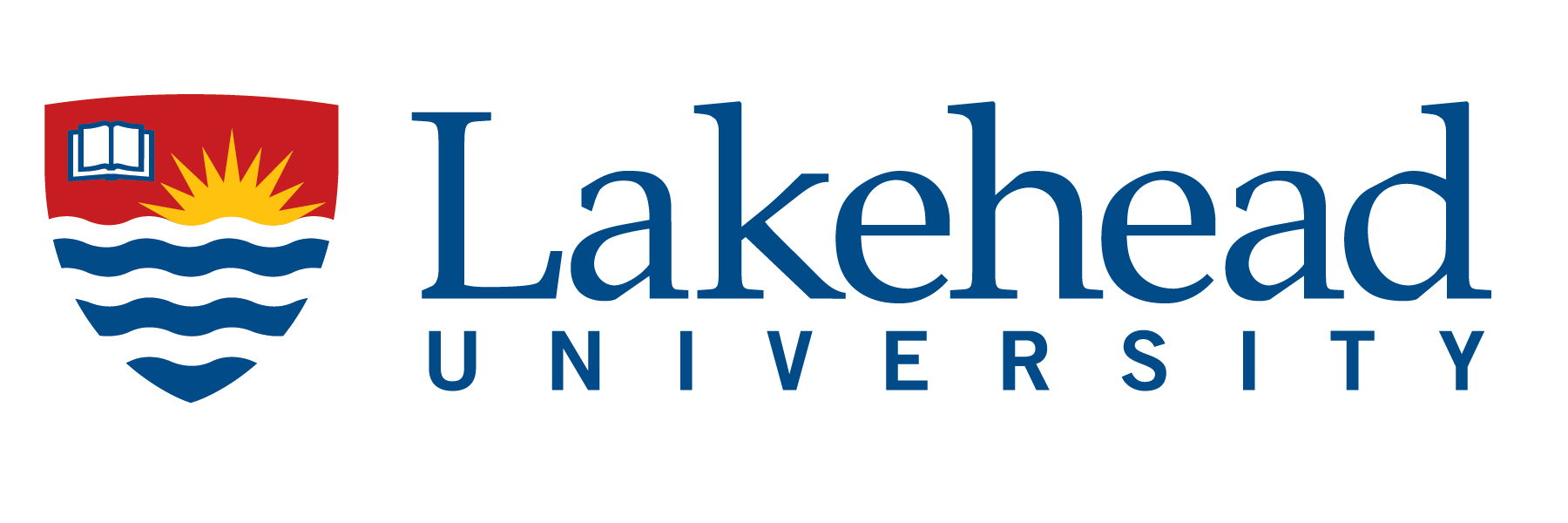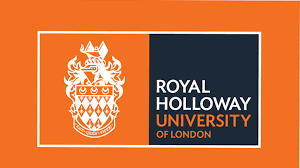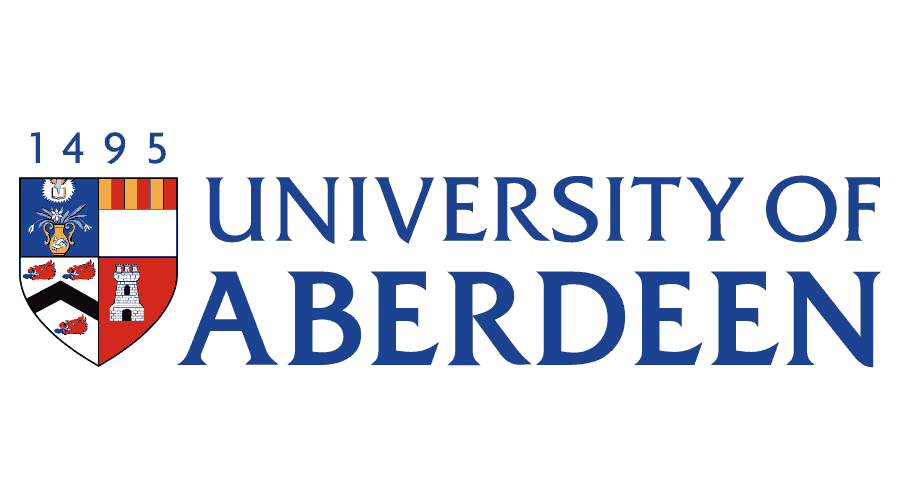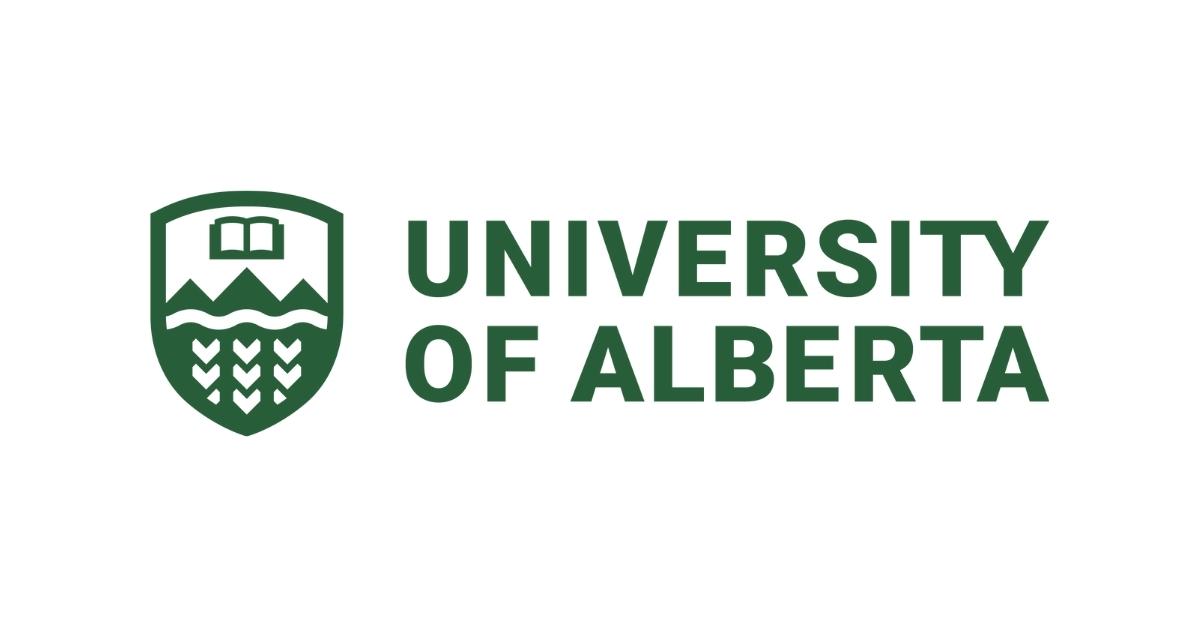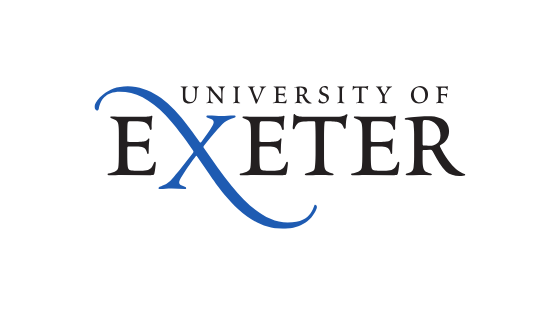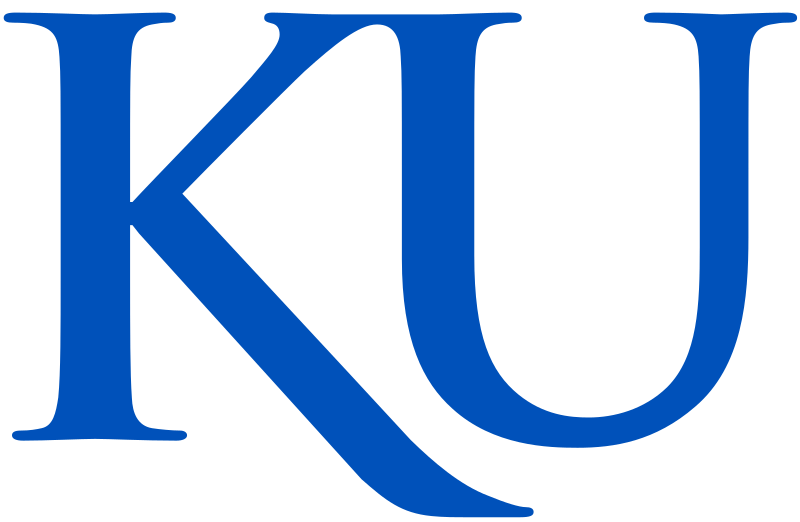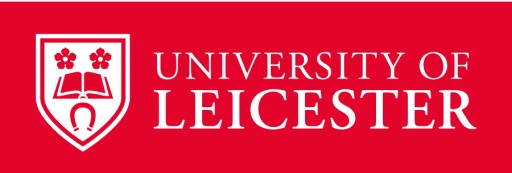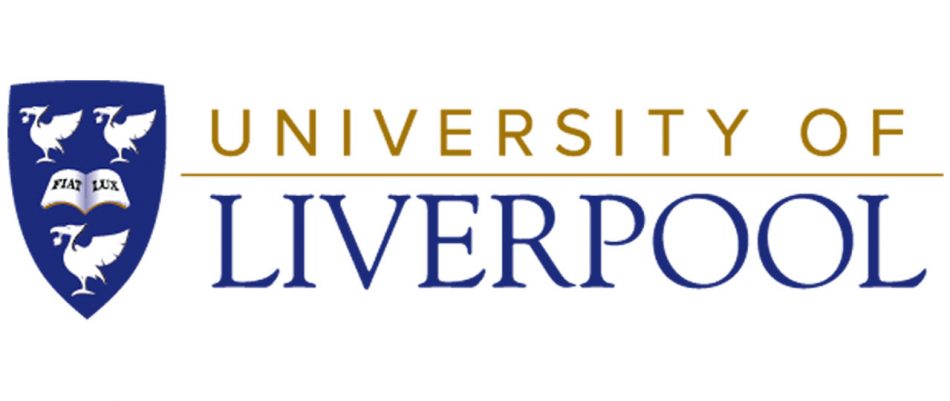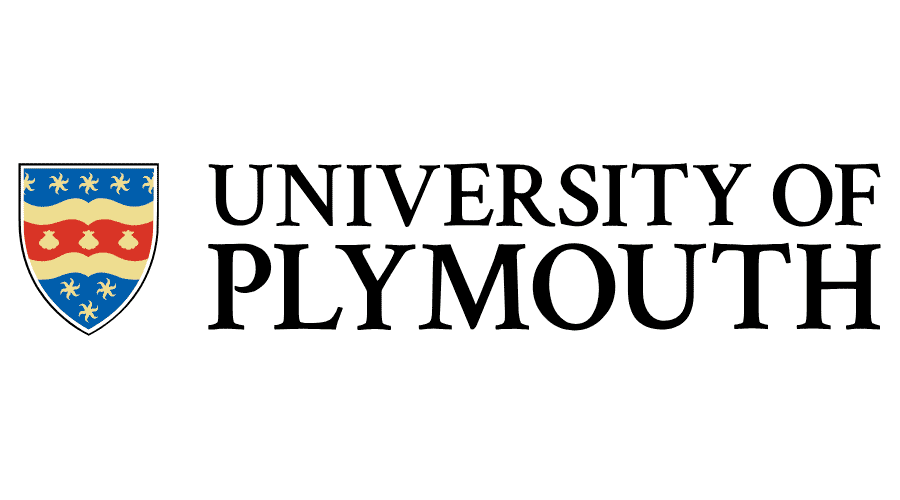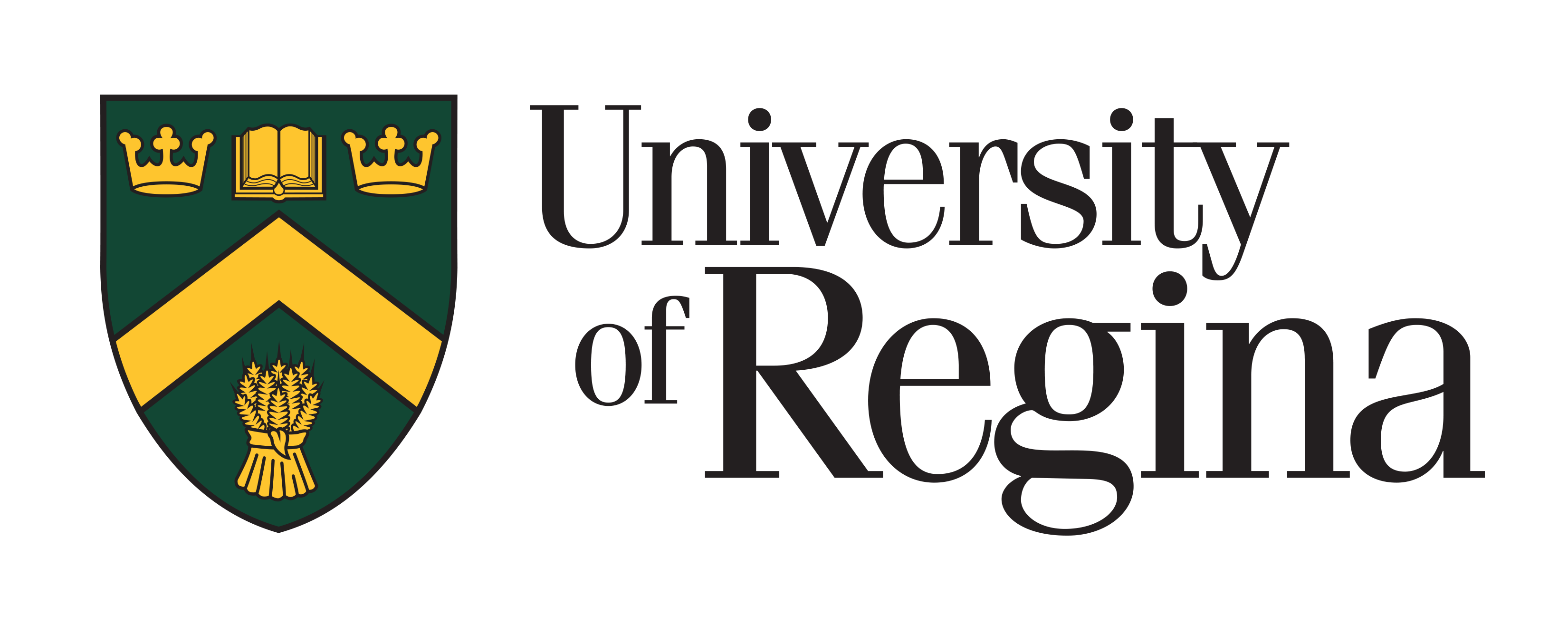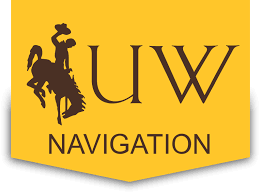Study Geology Abroad: Unlock the Secrets of the Earth for Indian Students
Geology, the scientific study of the Earth, its composition, structure, and history, offers fascinating insights into natural resources, environmental changes, and planetary processes. For Indian students aspiring to delve into this dynamic field, studying Geology abroad provides world-class education, cutting-edge research opportunities, and global career prospects. Whether you're passionate about rocks, minerals, earthquakes, or climate change, pursuing a Geology degree internationally can equip you with skills to address real-world challenges like sustainable mining and disaster management—issues highly relevant to India's growing economy.
This page explores everything you need to know about Geology courses abroad, from top destinations to admission tips tailored for students from India. With the global demand for geologists rising due to energy transitions and environmental concerns, now is the perfect time to plan your study abroad journey.
Why Choose Geology Abroad as an Indian Student?
India boasts a rich geological heritage, from the Himalayas to the Deccan Traps, but studying Geology internationally exposes you to advanced technologies and diverse ecosystems. Here's why it's a smart choice:
- Advanced Facilities and Research: Abroad, you'll access state-of-the-art labs, field expeditions to unique sites like Iceland's volcanoes or Australia's outback, and collaborations with international experts—opportunities limited in many Indian institutions.
- Global Perspective: Geology is inherently international. Learning in multicultural environments helps you understand global issues like resource scarcity, which affects India's import-dependent energy sector.
- Career Boost: Degrees from abroad are highly valued in India and globally, leading to roles in oil & gas, mining, and environmental consulting. Many returnees secure positions with companies like ONGC or Reliance Industries.
- Skill Development: Courses emphasize practical skills like GIS mapping, seismic analysis, and sustainable practices, making you industry-ready.
- Cultural and Personal Growth: Immersing in new cultures enhances adaptability, a key trait for fieldwork in remote areas.
For Indian students, the post-study work visa options in countries like Canada and Australia allow you to gain experience before returning home or staying abroad.
Top Destinations for Studying Geology Abroad
Choosing the right country can make all the difference. Based on rankings from QS World University Rankings and employability data, here are the best places for Geology programs that welcome Indian students:
| Country | Top Universities | Why Ideal for Indians | Average Tuition (INR per year) |
|---|---|---|---|
| USA | Stanford University, University of California Berkeley, Texas A&M | Strong focus on petroleum geology; scholarships like Fulbright for Indians; vibrant Indian diaspora. | 20-40 lakhs |
| UK | Imperial College London, University of Edinburgh, University of Manchester | Short 3-year undergrad programs; Chevening scholarships; proximity to Europe for field trips. | 15-25 lakhs |
| Australia | University of Melbourne, Curtin University, Monash University | Mining hub with jobs in resources; post-study work visa up to 4 years; warm climate similar to India. | 18-30 lakhs |
| Canada | University of British Columbia, McGill University, University of Alberta | Affordable living; focus on environmental geology; PR pathways for skilled graduates. | 12-22 lakhs |
| Germany | University of Göttingen, RWTH Aachen, Heidelberg University | Low or no tuition fees; English-taught programs; strong in geophysics for Indian energy sector. | 0-10 lakhs (plus living costs) |
These destinations offer a mix of theoretical and hands-on learning, with many universities providing internships with global firms like Shell or ExxonMobil.
Typical Course Structure for Geology Degrees
Geology programs abroad are flexible, allowing specialization in areas like hydrogeology, volcanology, or economic geology. Most are offered at undergraduate (BSc) and postgraduate (MSc/PhD) levels. Here's a breakdown:
Undergraduate (BSc in Geology) - 3-4 Years
Builds foundational knowledge with a balance of classroom, lab, and fieldwork.
- Year 1: Introduction to Earth Sciences, Mineralogy, Structural Geology, Basic Maths & Physics.
- Year 2: Sedimentology, Paleontology, Geochemistry, Field Mapping Techniques.
- Year 3-4: Electives like Petroleum Geology, Environmental Impact Assessment; Capstone Project or Dissertation; Mandatory Field Trips (e.g., 4-6 weeks in geological hotspots).
Assessment includes exams (40%), coursework (30%), and practicals (30%). Indian students with Class 12 PCB/PCM (60%+) can apply.
Postgraduate (MSc in Geology) - 1-2 Years
Focuses on research and advanced applications, ideal for those with a BSc.
- Core Modules: Advanced Stratigraphy, Remote Sensing, Tectonics.
- Specializations: Choose from Geophysics, Marine Geology, or Geo-Environmental Studies.
- Research Component: Thesis on topics like India's groundwater challenges or seismic risks in the Himalayas.
- Practical Elements: Industry placements, software training (e.g., ArcGIS, MATLAB).
PhD programs (3-5 years) emphasize original research, often funded for international students. Many courses integrate sustainability, aligning with India's green initiatives like the National Solar Mission.
Career Opportunities After Studying Geology Abroad
A Geology degree opens doors to diverse, high-paying roles. Globally, geologists earn an average of USD 60,000-100,000 annually, with even higher in specialized fields. For Indian students:
- In India: Jobs with PSUs like GSI (Geological Survey of India), ONGC (starting salary INR 10-15 lakhs); private firms like Vedanta or Tata Steel.
- Abroad: Exploration Geologist in oil fields (USA/Australia), Environmental Consultant (Canada/UK), or Academic Researcher (Germany).
- Emerging Roles: Climate Analyst, GIS Specialist, or Renewable Energy Geologist—crucial for India's net-zero goals by 2070.
With experience, salaries can exceed INR 20 lakhs in India. Networking through alumni associations and LinkedIn is key for placements.
Admission Requirements for Indian Students
Getting admitted is straightforward if prepared early. Common requirements include:
- Academic: 10+2 with Science (minimum 60-70%); Bachelor's for PG (GPA 3.0+).
- English Proficiency: IELTS (6.5+) or TOEFL (90+); some waive for Indian English-medium students.
- Entrance Exams: GRE for USA PG; not always needed elsewhere.
- Documents: SOP highlighting your interest (e.g., fascination with Indian plate tectonics), LORs, CV, Transcripts.
- Deadlines: Apply 6-12 months in advance; intakes in Fall (Sep) or Spring (Jan).
Visa success rate for Indian students is high (80%+) with proof of funds and ties to India.
Scholarships and Funding Options
Financial aid makes studying abroad accessible. Key scholarships for Indian Geology students:
- Commonwealth Scholarships (UK/Australia): Covers tuition and living (up to INR 20 lakhs).
- DAAD Scholarships (Germany): Full funding for MSc/PhD, including stipends.
- Endeavour Awards (Australia): For high-achievers in Earth Sciences.
- University-Specific: E.g., UBC's International Leader of Tomorrow (Canada) or Stanford's Knight-Hennessy Scholars (USA).
- Indian Government: National Overseas Scholarship for SC/ST students.
Part-time jobs (20 hours/week) and education loans from SBI/ICICI can cover living costs (INR 8-15 lakhs/year).
Tips for Indian Students Pursuing Geology Abroad
Transitioning to international study requires preparation:
- Prepare for Fieldwork: Pack sturdy gear; courses involve rugged terrains—train for physical demands.
- Cultural Adaptation: Join Indian student societies; learn local etiquette to ease homesickness.
- Visa and Finances: Use agents for streamlined processes; budget for health insurance.
- Stay Connected: Leverage platforms like Study Abroad India forums for peer advice.
- Sustainability Focus: Align your studies with India's environmental policies for impactful return.
Studying Geology abroad isn't just an education—it's a gateway to shaping the planet's future. Start your application today and turn your passion for the Earth into a global career!


